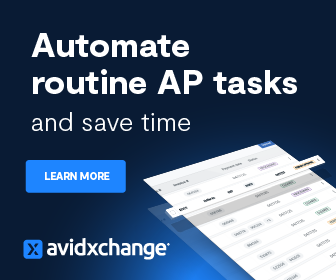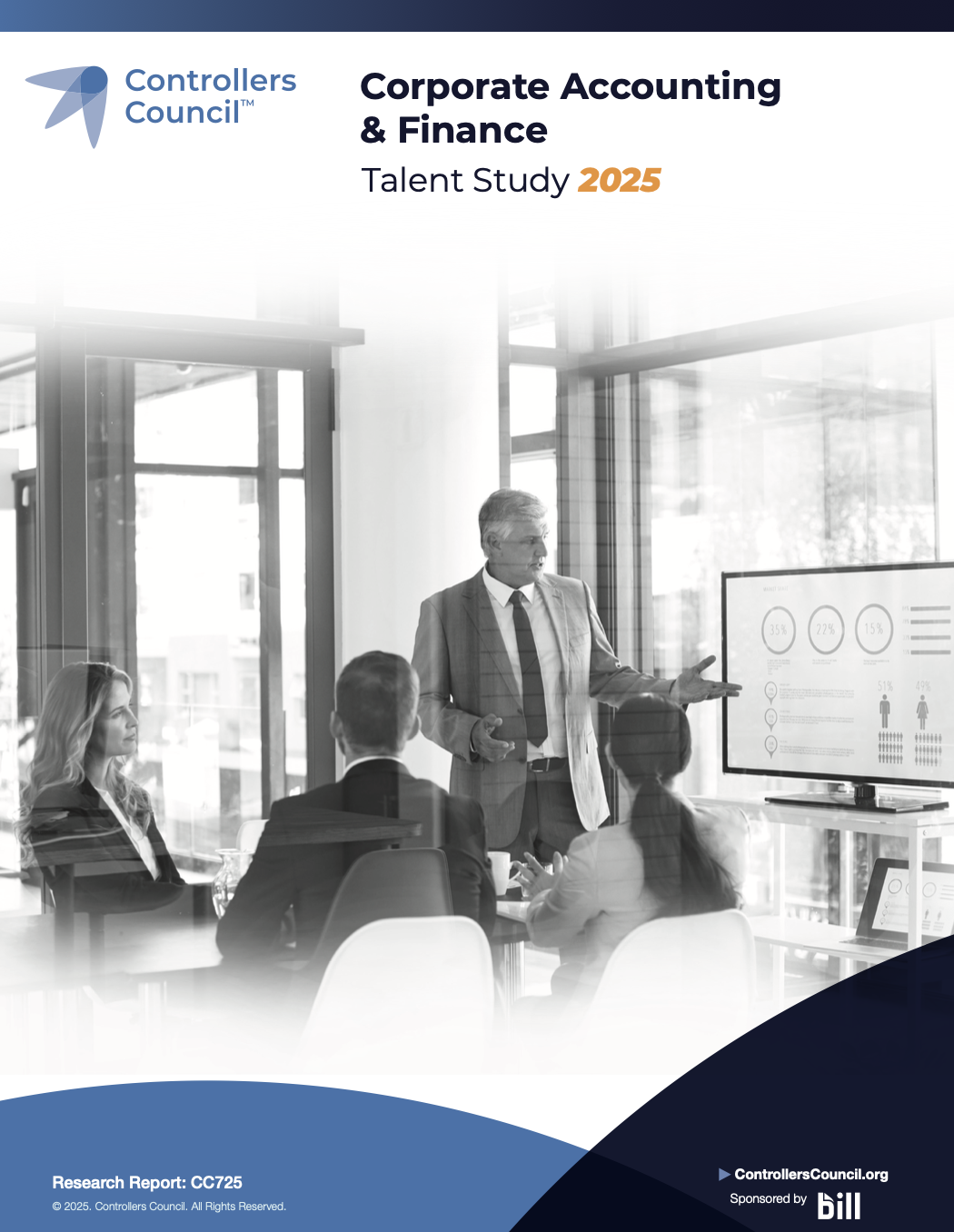Controllers are critical members of the finance team and, depending on the type of company they work for, can have wide ranging responsibilities. Controllers oversee and take on many of their companies’ key financial and accounting duties. The controller will generally oversee all the financial reporting requirements, financial statement development and regulatory reporting. Additionally, many controllers are responsible for the operational aspects of finance and accounting, such as AR/AP, payroll, tax, and compliance. Controllers also tend to manage FP&A tasks, such as forecasting and budgeting.
Controllers are in high demand
In 2021 it’s estimated that there are over 203,174 controllers working in the United States. 38.5% of all finance controllers are women, while 61.5% are men. The average age of an employed finance controller is 45 years old. The most common ethnicity of finance controllers is White (67.2%), followed by Hispanic or Latino (13.9%), Asian (9.7%) and Black or African American (7.2%). Finance controllers are most in-demand in New York, NY and the technology industry is the highest-paying for finance controllers. Finance controllers are 59% more likely to work at public companies in comparison to private companies. (https://www.zippia.com/finance-controller-jobs/demographics/)
Most controllers start in public accounting with a Certified Public Accountant (CPA) license. CPAs most often earned an Accounting or Finance degree, and/or a Master of Accountancy (MAcc) or a Master of Business Administration (MBA). Some controllers work in corporate F&A departments with other degrees. Many of these F&A specialists earned a Certified Management Accountant (CMA) credential from the Institute of Management Accountants (IMA) to propel their careers to the Controllership and C-Suite.
Types of Controllers
Many organizations and companies have a controller role, even if it goes by a different name. For example, a controller is generally referred to as a “comptroller” in non-profit, education, or government organizations.
Corporate Controller
Corporate controllers handle the accounting and compliance for companies and other organizations. Corporate controllers are generally the senior executives in the finance and accounting department. This executive tends to report to either the CFO or CEO.
Operational Controller
Operational controllers are responsible for finance and accounting (F&A) for operational units or divisions, regional or geographic divisions, or specific manufacturing plants within a larger companies or organizations
Comptroller
The comptroller handles controller duties within a non-profit, government agency, or educational organization like a university, Comptrollers are typically more senior than controllers. The comptroller is sometimes an elected or appointed position within the government.
Many manufacturing companies have plant controllers, with each facility having its own assigned executive. Other controller titles include assistant controller, geo-controller, divisional controller, and group controller.
Management Skills
In addition to accounting training, controllers need basic management skills, such as organizational and leadership abilities. Such skills are particularly crucial in large organizations, where the controller is put in charge of managing sensitive documents and interfacing with various departments. Detailed data analysis and scheduling also frequently come into play.
Leadership Skills
As part of their managerial roles, controllers need to be solid communicators to work effectively with various departments and staff including human resources (HR), information technology (IT), sales and marketing. They must also be able to share complex information with C-suite executives.
Controllers may also manage corporate finance and accounting (F&A) staff in functional areas that might include Accounts Payable (AP), Accounts Receivable (AR), bookkeeping, tax and compliance, and financial planning and analysis (FP&A). Controllers are likely responsible for hiring these same positions along with related training, onboarding, firing, etc. Often controllers serve as advisors to C-suite executives including CFOs and CEOs.
Are You Ready to Become a Controller?
Anyone hoping to become a controller must have years of experience in the finance and accounting fields. While there are no educational prerequisites for controller positions, an undergraduate degree in accounting or finance is typically a minimum requirement. An advanced degree or CPA designation can also make you a more attractive candidate for various controller positions.
Learn More About Becoming a Controller in Our Community
Looking to learn more about becoming a controller? Controllers Council is a national community and platform of Controllers, Accounting and Finance professionals focused on accounting best practices, information and resources, recognition and networking. Membership has many features and benefits to propel your career and expertise, and to be an active participant in our exciting community. The Controllers Council Forum allows members to pose questions about advancing your career and other topics. Become a member today.




